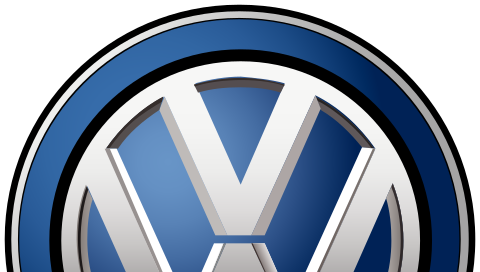Governing VW [not like that]
In 1960, the (then West) German government enacted a special law to govern one corporation – Volkswagen. The law, with the catchy title “Gesetz über die Überführung der Anteilsrechte an der Volkswagenwerk Gesellschaft mit beschränkter Haftung in private Hand”[i], gives the state of Lower Saxony effectively a veto over major decisions. Sixty-three years on, the so-called VW-Gesetz led a German fund manager to take a break from Christmas celebrations to protest against the lump of coal he found in his stocking – the “underperformance” of the VW share price.
According to the Financial Times, Bert Flossbach, co-founder of Flossbach von Storch, said: “Ever since the diesel scandal, the flaws [in Volkswagen’s governance] have become clearly evident”[ii]. His firm has some €70bn of assets under management, not huge by global fund management standards, but enough to create a fuss.
The law benefits the state government, yes, but also trade unions in Lower Saxony and Germany. The state shareholding means it can block investment that shift jobs from the Lower Saxony and Germany to lower-cost economies. But there’s another large shareholder block - to contend with – the Porsche-Piëch family. The family has a majority of the voting right and, in effect, veto over appointment of senior management. The firm and its directors are basically free from oversight from anyone other than the government of Lower Saxony.
The curious thing is, Flossbach von Storch doesn’t even own any VW shares. It has invested in VW bonds, and the “diesel scandal” Flossbach refers to happened in 2015[iii].
So why protest now? Two reasons come to mind:
First, VW’s shares have fallen by about 50 per cent in value in the last 18 months. By contrast, Mercedes-Benz shares are down only about 10 per cent. The VW-Gesetz makes buying shares less attractive and leaves the company more dependent on debt capital. Inflation hits VW bond investors, like Flossbach von Storch, particularly worse off, and with no say at all about VW decisions.
Second, the imminent Great Transformation in the car industry – to electric vehicles (EVs) – leaves VW doubly exposed to Chinese effects: a) Chinese car makers have a big advantage already; and b) VW will find it difficult to build its own new capacity without costly investment. The VW-Gesetz, resistance from the Piëch family, a weak share price, and Lower Saxony’s strapped finances make raising new equity capital difficult. VW seems likely to remain dependent on Chinese technology for longer than its Western rivals.
What to do?
[i] https://en.wikipedia.org/wiki/Volkswagen_Act (retrieved 28dec23)
[ii] https://www.ft.com/content/2977e94c-bae8-4d64-b360-9d6567ccba13 (retrieved 28dec23)
[iii] https://en.wikipedia.org/wiki/Volkswagen_emissions_scandal (retrieved 28dec23)
![How to govern [not like that]](https://substackcdn.com/image/fetch/$s_!emEQ!,w_80,h_80,c_fill,f_auto,q_auto:good,fl_progressive:steep,g_auto/https%3A%2F%2Fsubstack-post-media.s3.amazonaws.com%2Fpublic%2Fimages%2Fa9d7f587-4c16-42f0-9526-b00edc0ab4c8_155x155.png)
![How to govern [not like that]](https://substackcdn.com/image/fetch/$s_!Te2X!,e_trim:10:white/e_trim:10:transparent/h_72,c_limit,f_auto,q_auto:good,fl_progressive:steep/https%3A%2F%2Fsubstack-post-media.s3.amazonaws.com%2Fpublic%2Fimages%2F51c6c618-ff5a-481b-b4e2-28047c606ca8_990x369.jpeg)

![How to govern [not like that]](https://substackcdn.com/image/fetch/$s_!emEQ!,w_36,h_36,c_fill,f_auto,q_auto:good,fl_progressive:steep,g_auto/https%3A%2F%2Fsubstack-post-media.s3.amazonaws.com%2Fpublic%2Fimages%2Fa9d7f587-4c16-42f0-9526-b00edc0ab4c8_155x155.png)


